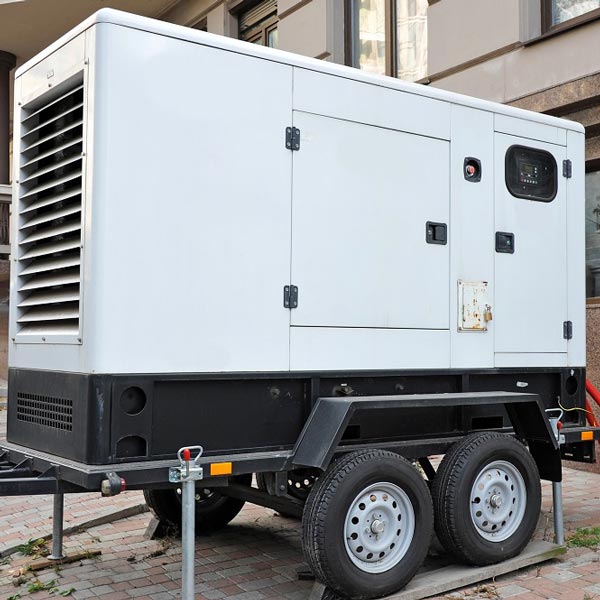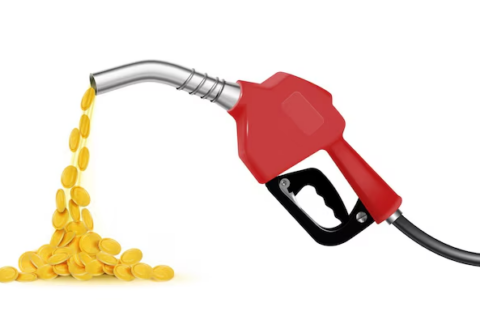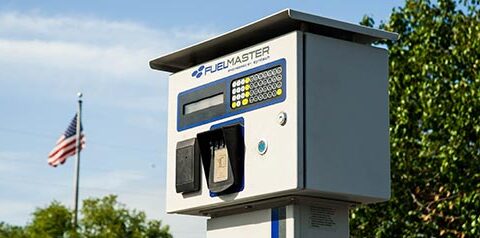How Often Should You Refill Your Generator?
When it comes to maintaining a reliable power supply, understanding generator refill frequency is crucial. Whether you’re using a generator for home backup, camping, or work, keeping it fueled ensures consistent performance and prevents unexpected shutdowns. This guide will delve into generator maintenance, particularly focusing on how often to refuel a generator, and provide practical generator refueling tips.
Understanding Your Generator’s Fuel Consumption

The frequency of refilling your generator depends on several factors:
- Generator size and capacity: Larger generators consume more fuel.
- Load: The more devices you run, the more fuel your generator will use.
- Fuel type: Different fuels have varying efficiencies.
- Operation time: Continuous use will require more frequent refills.
Understanding these variables helps in creating an effective generator fuel schedule.
Generator Fuel Schedule
An effective generator fuel schedule is essential for ensuring your generator is always ready to go. Here are some guidelines based on common generator types and sizes:
Small Portable Generators
These are typically used for camping or small home appliances. They usually have a fuel tank capacity of 1-3 gallons. Under a 50% load, they can run for 7-10 hours on a full tank. Therefore, for continuous use, you should plan to refill these generators every 7-10 hours.
Medium-Sized Generators
Often used for larger home appliances or as a backup for small businesses, these generators have a fuel tank capacity of 4-10 gallons. They can run 10-15 hours at a 50% load. You should refuel these generators every 10-15 hours to maintain performance.
Large Standby Generators
These are designed for whole-house backup or large commercial use. They can have fuel capacities ranging from 20-50 gallons or more. At a 50% load, they can operate for 24-48 hours. For continuous use, plan to refill every 24-48 hours.
Tips for Efficient Generator Refueling
Efficient refueling extends the lifespan of your generator and ensures it operates smoothly. Here are some generator refueling tips:
- Use the Right Fuel: Always use the fuel type specified by the manufacturer. Using the wrong fuel can damage the generator.
- Monitor Fuel Levels: Regularly check fuel levels to avoid unexpected shutdowns. Most modern generators come with fuel gauges.
- Store Fuel Safely: Store fuel in approved storage containers and keep them in a cool, dry place. Rotate fuel supplies to ensure you always have fresh fuel.
- Refuel During Shutdowns: For safety, always refuel the generator when it is turned off and cooled down to prevent fires.
- Use Stabilizers: If you store fuel for long periods, use fuel stabilizers to prevent it from degrading.
Emergency Generator Refills
In emergency situations, having a plan for emergency generator refills is critical. Natural disasters or extended power outages can make fuel supply unpredictable. Here’s how to prepare:
- Stock Up: Keep a supply of fuel on hand that can last for several days.
- Know Local Suppliers: Identify local fuel suppliers who can deliver during emergencies.
- Conserve Fuel: Use the generator efficiently to conserve fuel. Only run essential appliances.
- Alternative Fuels: Consider generators that can run on multiple fuel types (e.g., gasoline, propane, and natural gas) to increase fuel availability.
Generator Fuel Management
Effective generator fuel management is about balancing usage, storage, and replenishment to ensure your generator is always ready to perform. Here are some strategies:
- Regular Maintenance: Regular maintenance checks can improve fuel efficiency and extend the time between refills.
- Load Management: Running your generator at a lower load can reduce fuel consumption. Use energy-efficient appliances and turn off non-essential devices.
- Scheduled Refills: Stick to your generator fuel schedule to avoid last-minute refueling and potential downtime.
- Fuel Quality: Always use high-quality fuel to prevent clogging and damage to the generator.
Optimal Generator Refilling Practices
Achieving optimal generator refilling practices involves understanding your generator’s specific needs and operating conditions. Here are some additional tips:
- Track Usage: Keep a log of when you refuel your generator and how long it runs on a full tank. This data can help you predict future fuel needs.
- Seasonal Adjustments: Fuel consumption can vary with temperature and usage patterns. Adjust your refueling schedule accordingly.
- Professional Servicing: Regular professional servicing can help detect and fix issues that might affect fuel efficiency.
- Smart Monitors: Invest in smart fuel monitors that can alert you when fuel levels are low or predict when you need a refill.
Generator Operation Tips
In addition to refueling, proper operation of your generator can enhance efficiency and lifespan. Here are some generator operation tips:
- Read the Manual: Always refer to the manufacturer’s manual for specific operating instructions.
- Warm-Up and Cool Down: Allow the generator to warm up before connecting loads and cool down before shutting it off.
- Regular Exercise: Run your generator regularly, even when not in use, to keep it in good working condition.
- Load Distribution: Distribute electrical loads evenly to avoid overworking the generator.
Maximizing Generator Fuel Efficiency
Maximizing generator fuel efficiency not only saves money but also reduces the frequency of refueling. Here are some strategies:
- Upgrade Appliances: Use energy-efficient appliances and lighting to reduce the load on your generator.
- Insulate Your Home: Good insulation can reduce the need for heating or cooling, thus lowering the generator’s fuel consumption.
- Alternative Power Sources: Use solar panels or battery backups for low-power needs to reduce the load on your generator.
- Routine Checks: Regularly check and replace air filters, spark plugs, and oil to keep the generator running efficiently.
Summing Up
Understanding and managing your generator refill frequency is key to ensuring uninterrupted power supply. By following these guidelines and generator maintenance tips, you can optimize your generator’s performance and fuel efficiency.
For all your fuel needs, consider partnering with Ricochet Fuel Distributors. They offer a range of high-quality fuels and reliable delivery services to keep your generator running smoothly in any situation.


